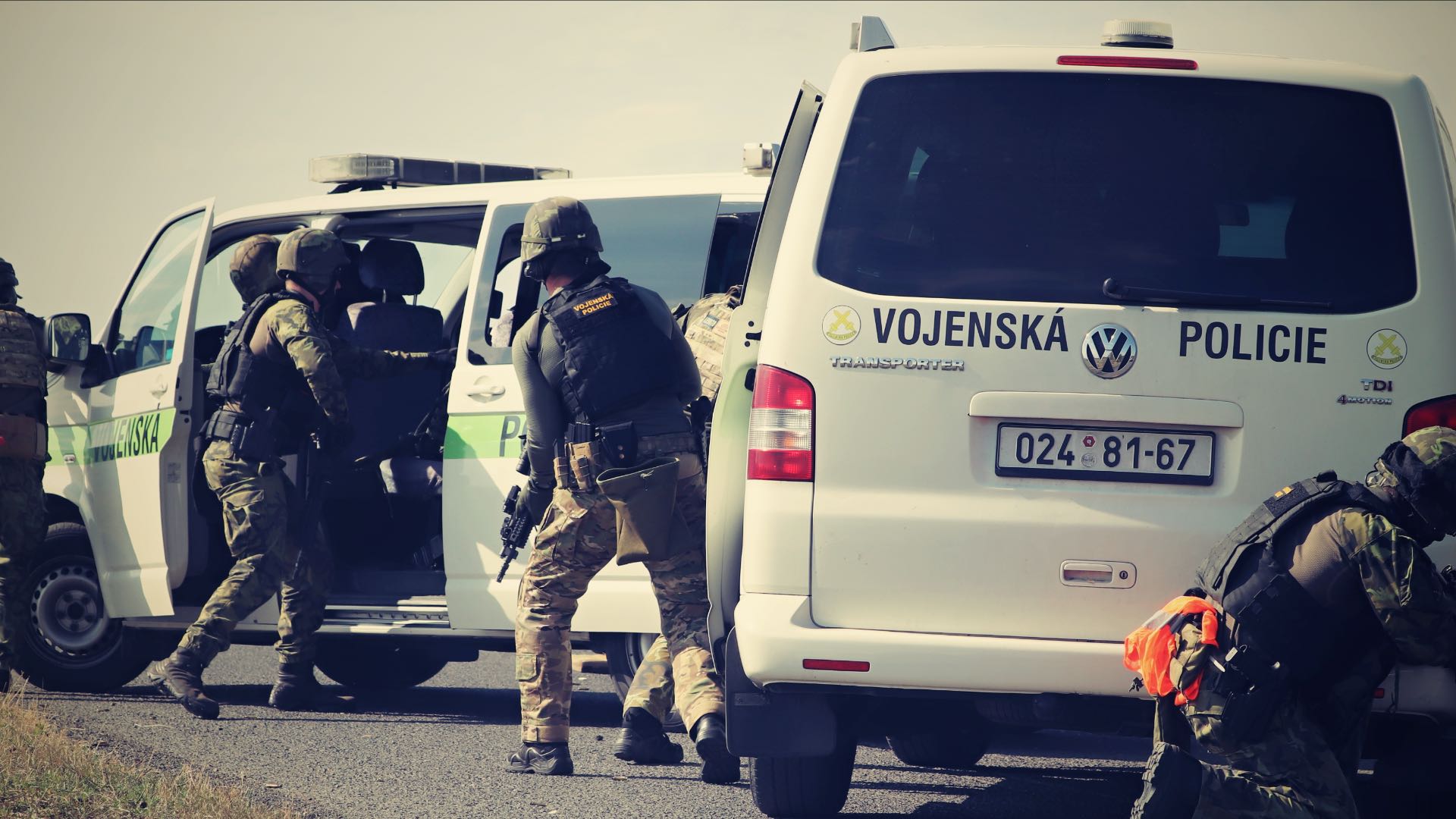
French Republic
Gendarmerie
The Gendarmerie nationale roots in the middle Ages, when the Royal Constable (Connétable), head of all ground forces, was responsible for police and justice over his troops during the campaign.
Each army detachment was entrusted to a marshal (maréchal), who delegated his police and justice powers to a provost (prévôt). All provosts were commanded by the provost marshal (prévôt des maréchaux), and formed into a Maréchaussée.
1337 – 1453
The Hundred Year’s War initiates the setting up of permanent troops and constabulary. This latter is empowered to police and prosecute at once the garrisoned and in campaign soldiers, on behalf of the Royal Marshals.
1536
King François the First widens the jurisdiction of these constabularies to the civilian population “in between the cities”.
1720
The French constabulary, also called Maréchaussée, adopts a new territorial grid and joins as a whole the regiment of the “Gendarmerie de France” (crack cavalry companies in charge of protecting the king and most important heirs).
1791
During the era of the French Revolution, the Maréchaussée is renamed Gendarmerie nationale.
1918 – 1939
| During the interwar period, the Gendarmerie nationale is raised into an independent command in the midst of the Army. |
1921
Creation of the Gendarmerie mobile taking over the Army the public order mission, in particular the Crowd and Riot Control.
1950
The Gendarmerie nationale (and military justice) becomes independent from the army and subordinated directly to the minister of Defence.
2009
Gendarmerie employment, budget and staff are transferred under the authority of the Minister of Interior. The Gendarmerie remains responsible to the judicial authority for judicial tasks and to the Defence Minister for military missions and status.
Social media & website links:
 http://www.gendarmerie.interieur.gouv.fr/
http://www.gendarmerie.interieur.gouv.fr/ https://www.facebook.com/search/top?q=gendarmerie%20nationale
https://www.facebook.com/search/top?q=gendarmerie%20nationale